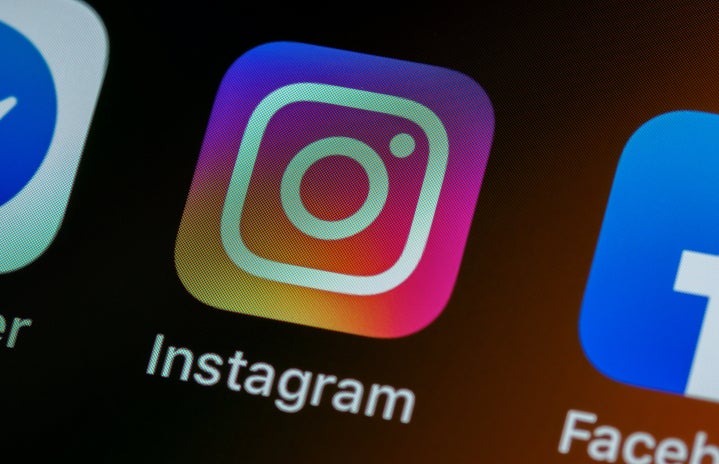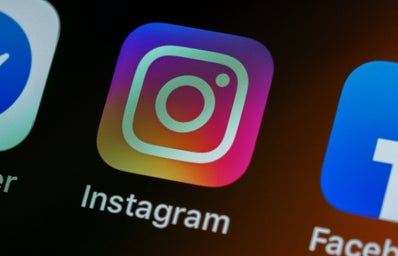If there is one subconscious belief I think we all have, it is that whatever our appearance, someone, whether it be family, friends or partners, will love us. Imagine a 23 year old British woman, with piercing blue eyes and golden hair: why should she not believe that someone could love her? However, this woman has recently been invited to appear on TLC’s programme Too Ugly For Love and Channel 4’s The Undateables, implying there is something intrinsically unlovable about her. And is there?
Not at all. Lexxie Harford, a digital artist and game developer, is a young and beautiful woman. She is a young and beautiful woman who happens to have a birthmark on her right cheek. She was born with a condition called heterochromia – a genetic condition that causes a difference in skin colouration. Lexxie recalls that she was around nine years old when people started to view her as different because of her birthmark. After noticing other’s reactions, she became more self-conscious, applying layers of make up to hide what she felt was a defect. Thankfully, a few years later, Lexxie decided to embrace her unique beauty and stopped using makeup to hide her heterochromia.”It wasn’t really an epiphany or anything like that. I simply realized I didn’t want to do it anymore, and I never looked back,” she tells A Plus.
(Photo Credit: The Telegraph)
Lexxie built up her confidence to such an extent that she began to post selfies on Instagram; she received a wealth of responses from individuals who also have birthmarks and either hide them, or expose them. She has been widely praised on social media for spreading positive awareness about birthmarks through her inspirational photos. Her positivity and confidence was threatened, however, by the insulting offer to appear on those television programmes which suggest her birthmark mars her irrevocably. TLC and Channel 4’s seemingly generous offers can be summarized in three words: wrong, demeaning and hurtful.
(Photo credit: TLC UK)
And what was Lexxie’s response? One of feistiness and dignity. She truly did turn the other cheek. She felt that she didn’t view herself as different and accepted the way she looks. She tells The Telegraph: “I’m really comfortable and I don’t get offended easily.” However, she was compelled to respond firmly to the the impertinence of the broadcasting agent. “I had to say to him, ‘Look, I don’t really have a place on the show you’re scouting for.’ If [people with birthmarks] accepted themselves, they really wouldn’t go on a show like that. I would try and get that person to see themselves differently.” Shows like these operate on the assumption that disabilities or certain medical conditions deprive people of the right to be loved; they shouldn’t exist.
After reading about Lexxie’s story, I do a quick survey of what I perceive to be my own physical defects; the large mole on my left leg and my unruly curly hair. Oh yes, and how could I forget that blue vein on the back of my right leg which is threatening to become a varicose vein at any moment (thanks for those brilliant genes, mum and dad). But actually, that mole, my curls, and that vein make me me: they’re my natural tattoos, if you like. And why should Lexxie’s natural tattoo be viewed any differently? I think we should follow Lexxie’s example, rather than singling out bodies for ridicule (as these shows attempt to do), we should celebrate every cheek, mole, freckle and stretch mark. After all, it’s those “natural tattoo’s” that make you you.
(Photo Credit: Sophisticated Pair)


